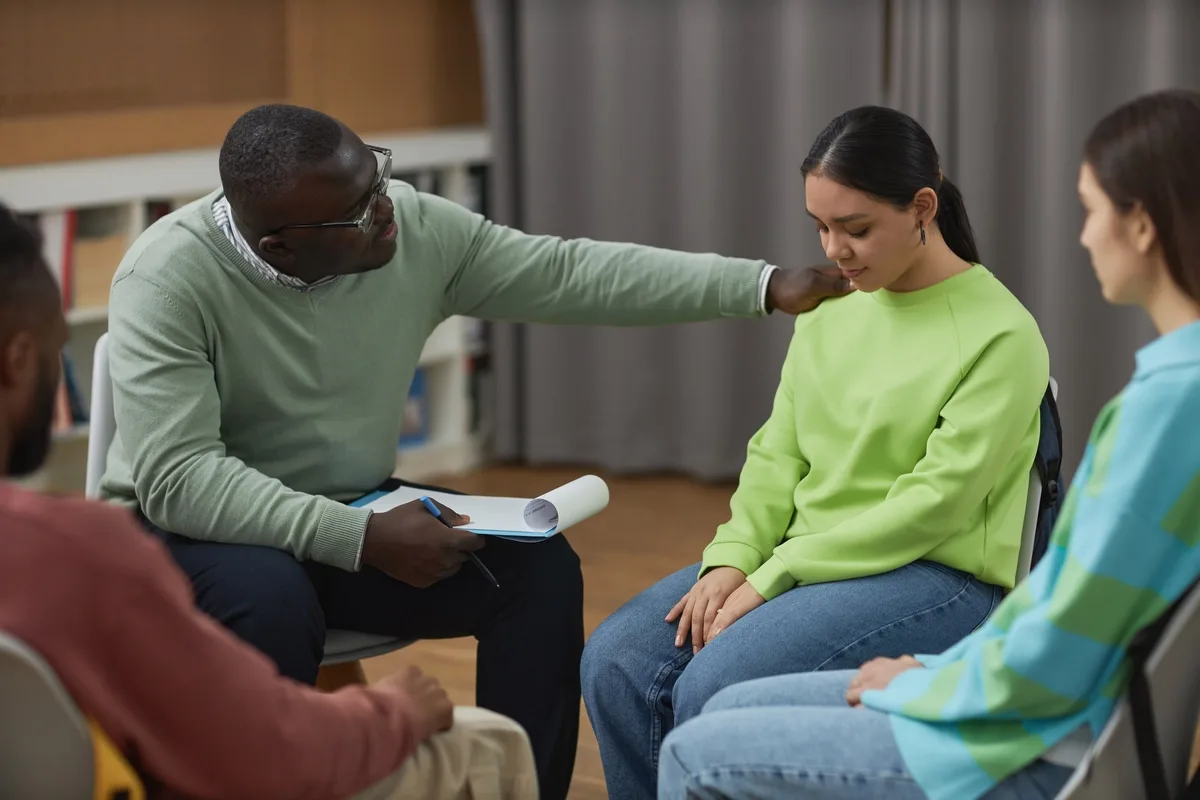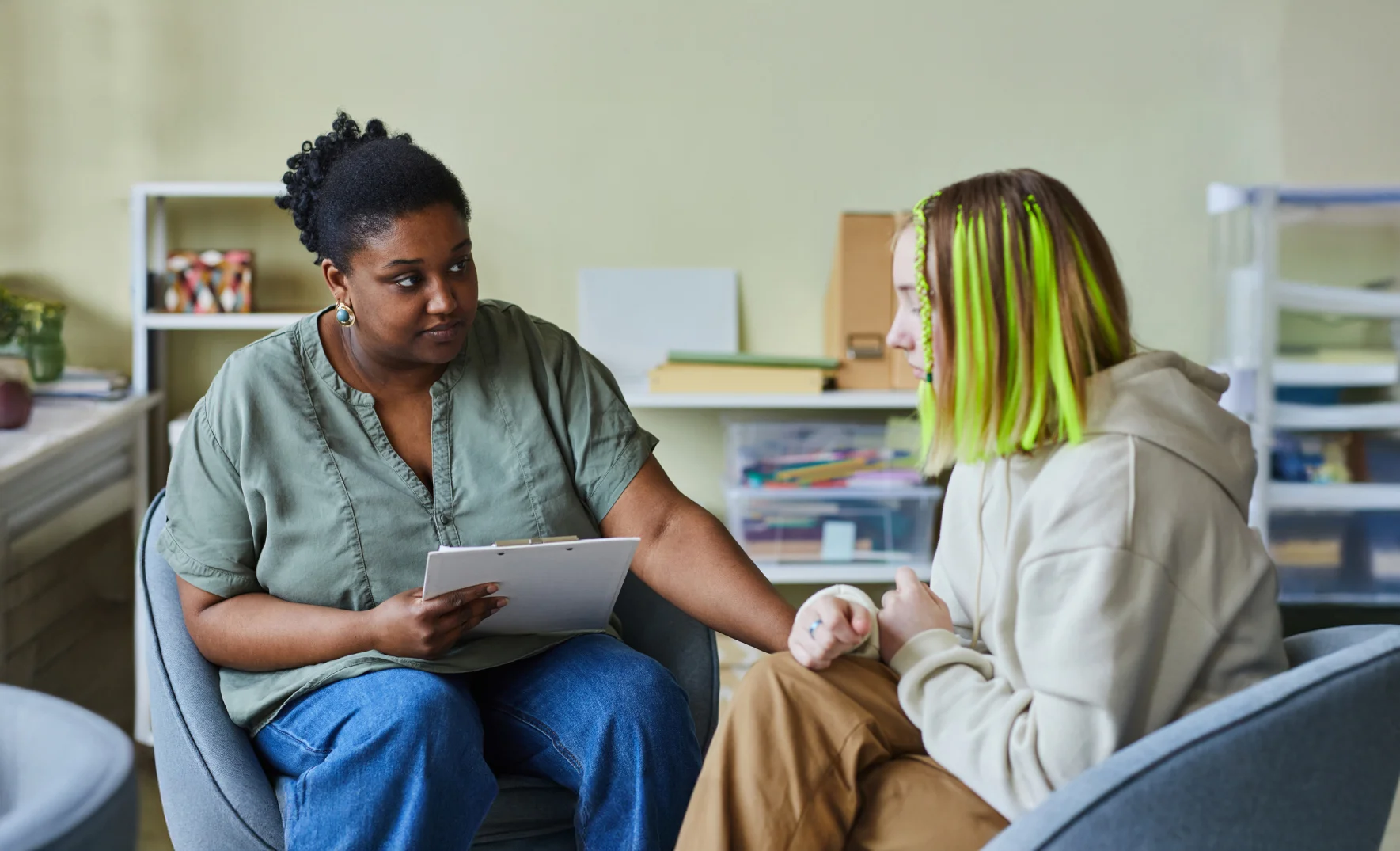24/7 Helpline:
(866) 899-111424/7 Helpline:
(866) 899-1114
Learn more about Couples Rehab centers in Howard County

Other Insurance Options

Humana

Regence

Health Partners

Horizon Healthcare Service

Health Net

UnitedHealth Group

WellPoint

State Farm

American Behavioral

Self-pay options

United Health Care

Highmark

Absolute Total Care

BlueCross

Multiplan

Lucent

Access to Recovery (ATR) Voucher

BlueShield

Meritain

Aetna

JAEL Health Services
JAEL Health Services is a private rehab located in Ellicott City, Maryland. JAEL Health Services spe...




















































































































































































































Counseling Resources
Counseling Resources is a private rehab located in Ellicott City, Maryland. Counseling Resources spe...

Yudaguru Integrative Wellness
Yudaguru Integrative Wellness is a counseling center located in Ellicott City, Maryland. Lead by Abh...

















































































































